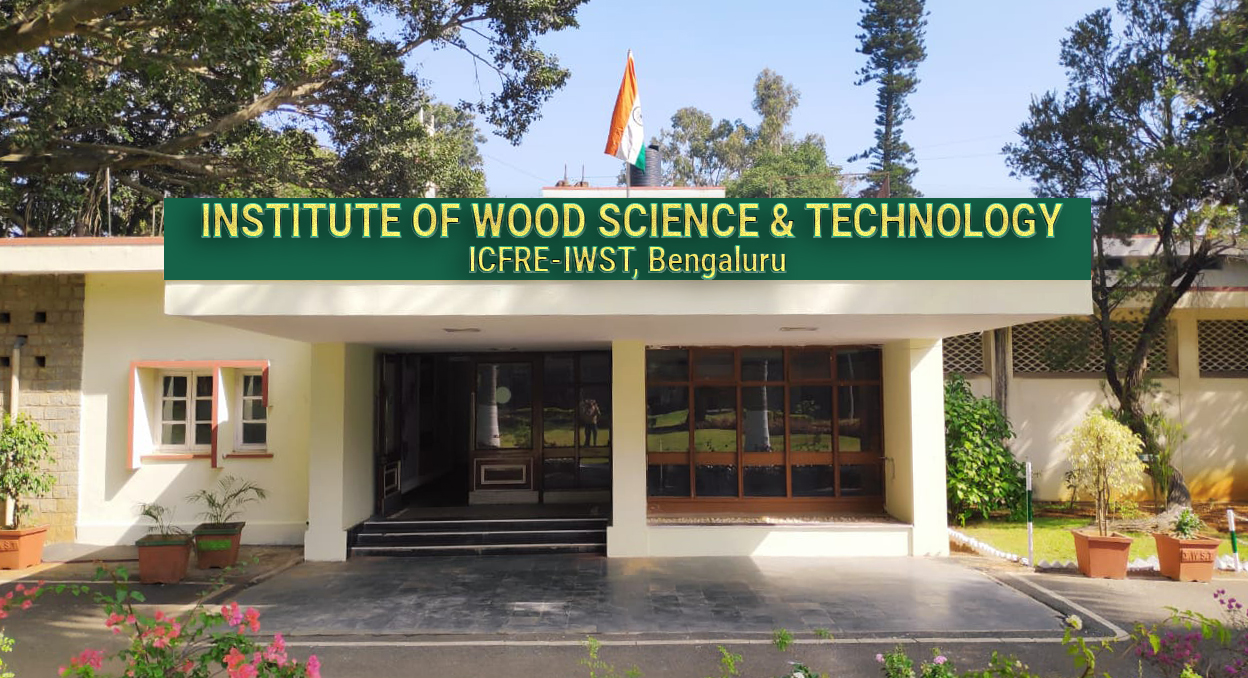Phenolic Resin
(a) PF resin by conventional method:
The optimum proportion of phenol, formaldehyde and sodium hydroxide have been optimized in PF resin manufacture including the required condensation temperature and time. Properties of the resin required for bonding wood to achieve good strength properties have been evolved. The process parameters like Moisture content of veneers, glue spread, assembly time, hot press temperature, pressure and time have been standardised for the manufacture of exterior grade panels.
Significant roles of fillers and their effect on bond quality and panel quality have been studied. It has been established that coconut shell powder (CSP), a lignocellulosic material in small proportion i.e. 6% - 10% on PF resin liquid could be used as an efficient filler.
(b) PF resin by modified method
A process for the manufacture of PF resin suitable for making higher grades of plywood has been developed aiming to reduce cost, low temperature curing or accelerated curing at elevated temperatures. In this modified method the resin manufacture is carried out in 2 stages. In the I stage, novolac resin is formed. In the II stage the novolac resin is converted into resol resin aiming to produce resin with higher molecular weight compared to PF resin by conventional method. The process has been commercialized and many plywood industries are using at present
(c) Fast curing PF resin adhesives for bonding higher grades of plywood
An adhesives formulation has been evolved to reduce hot pressing cycles to almost 50 percent to the existing practices. This enhances the total production and reduces the production cost. This can be achieved by using Acid –Alkali catalysed modified resin blended with Mimosa/Wattle bark powder, catalyst and hot pressing cycles.
(d) Phenolic Resin System To Bond Wood To Metal:
Phenolic resin system in combination with VinyL resin was developed successfully for the manufacture of Galvanized Iron Overlaid Plywood panels required for the construction of a Anachestic chambers to test satellites and antenna by Indian Satellite Research Organization, Bangalore. In this project the process for development of PF resin, surface preparation of G.I. Sheet by removing zinc from the side to be bonded to wood by acid pickling process, protection of fresh mild steel surface from rusting, resin application and incorporation of vinyl resin and panel processing schedules have been worked out.
Scope of this study was extended for the manufacture of mild steel sheet metal reinforced plywood aiming to obtain panels with enhanced strength and also to reduce the requirements of wood.



